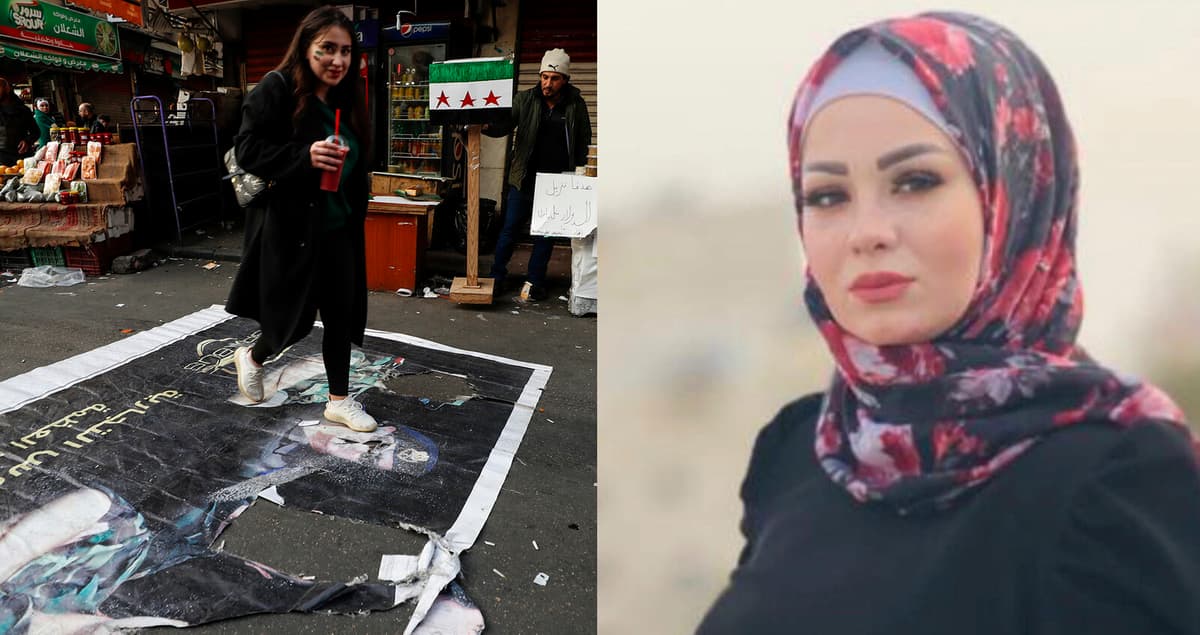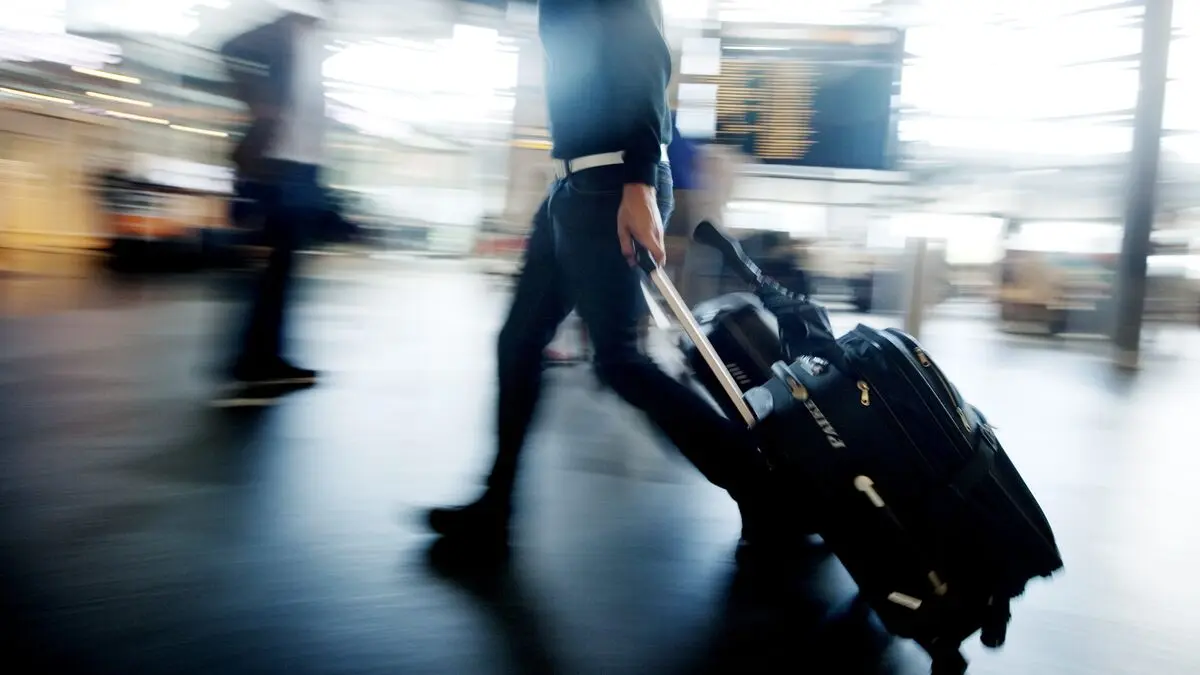Four days after the regime's fall, it has started to sink in. The dream has come true, states Damascus resident Batoul Ward.
We are savoring the freedom we have always dreamed of. Some Syrians dreamed of freedom in secret, others fought for it openly, while the majority were too afraid to even dare to dream.
Freedom comes simultaneously with a bitter aftertaste. Batoul Ward has difficulty falling asleep at night. The regime's brutality was well-known, but the images now being broadcast from the regime's prison Saydnaya and Damascus morgue are still difficult to defend against.
Bashar's fall means that Syria's children will have a future free from oppression, injustice, and displacement, says the writer and activist to TT.
And above all – that the country's prisons will be populated by criminals, not by innocents.
The New Government's Responsibility
The joy will not be complete until what has been destroyed by years of authoritarian rule is repaired, she says.
I, and all other Syrians, hope for security and peace for us and for our free country. We are an educated, creative, and resourceful people.
It is the new government's responsibility to take control of the chaos that prevails, repair everything the regime has destroyed within state institutions, and as soon as possible introduce a rescue plan for the collapsed economy.
Several question marks remain as Syria now begins a new era. Not least regarding the Islamist movement Hayat Tahrir al-Sham (HTS), spawned from al-Qaeda, which has taken the lead in the uprising against al-Assad. Leader Ahmed al-Sharaa, also known as al-Julani, claims to have left his extremist past behind him, but many fear Sharia laws and oppression against, among others, the country's Kurds and Christians.
"Gave Us Freedom"
For Batoul Ward, it's up to proof. She thinks she already sees positive signs, such as the Syrian pound's value rising against the dollar just a few days after the regime's fall.
This man gave us what we dreamed of: he gave us freedom on a silver platter and overthrew the oppressive regime, says the 30-year-old.
Ahmed al-Sharaa came with peace. As long as he ensures that Syria is a free, independent, and just state, he is on the side of the Syrian people. We want peace for all Syrians, for all religions.
Are you concerned about Ahmed al-Sharaa's background?
What matters is what he will do with the country now.
Until Sunday, the Syrian state had been ruled with an iron fist by the al-Assad family since the 1970s.
Syria's political system was formed by Hafiz al-Assad, president 1970–2000. Son Bashar al-Assad inherited power after his father's death in 2000 and implemented some changes. But the fundamental system remained the same: with the president as both head of state, supreme commander, and with the highest executive power.
The uprising against Bashar al-Assad's regime that started in connection with the Arab Spring in 2011 soon took the form of a civil war with significant involvement of foreign powers, resulting in many deaths and a massive refugee wave.
Independent organizations such as Human Rights Watch and Amnesty International have repeatedly reported on al-Assad's brutal rule and the state-controlled secret police that systematically tortured, imprisoned, and killed opponents of the regime.
Source: Landguiden/UI






